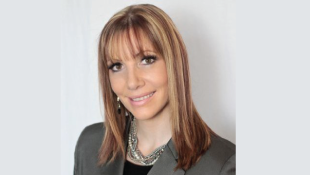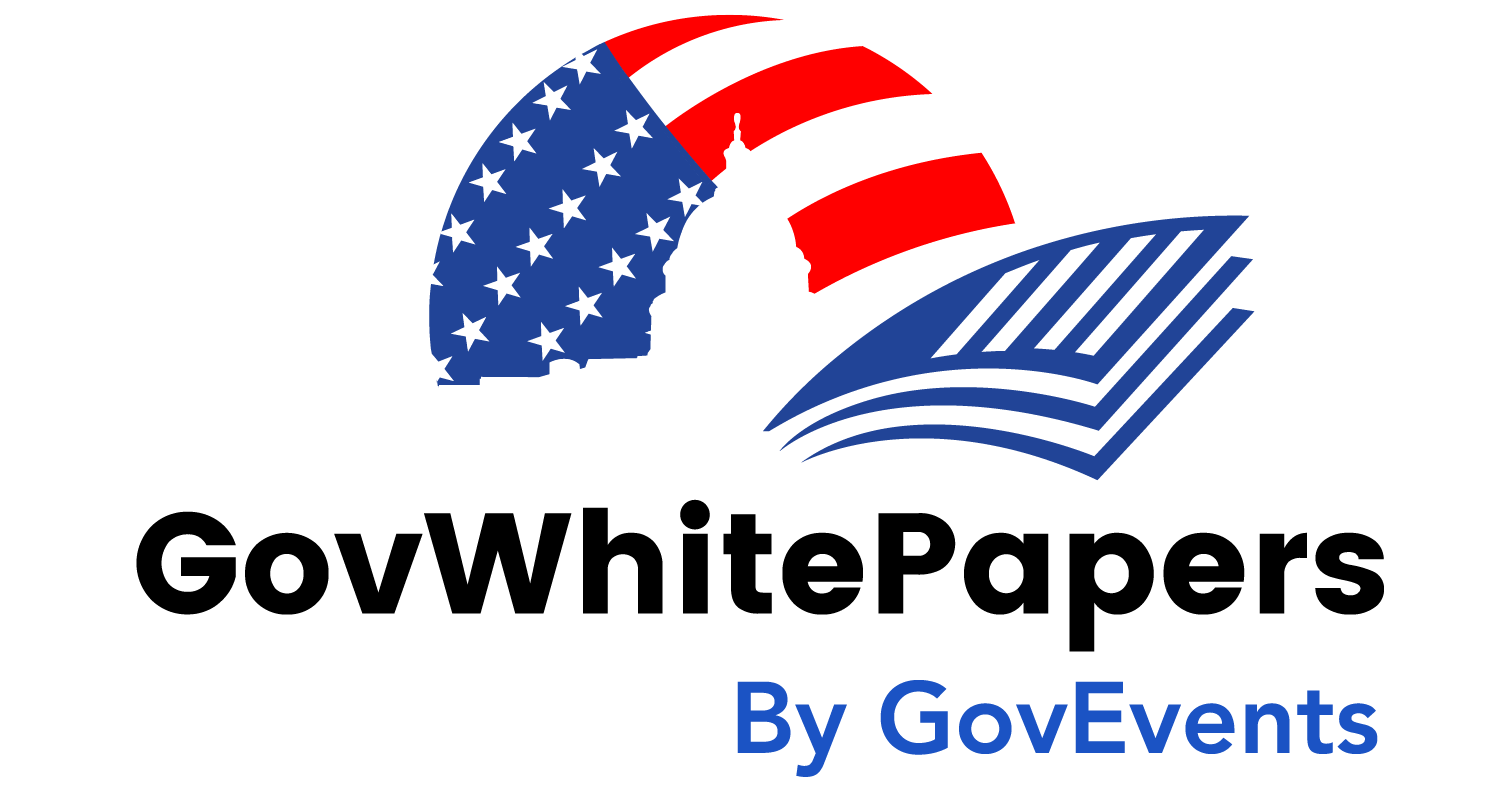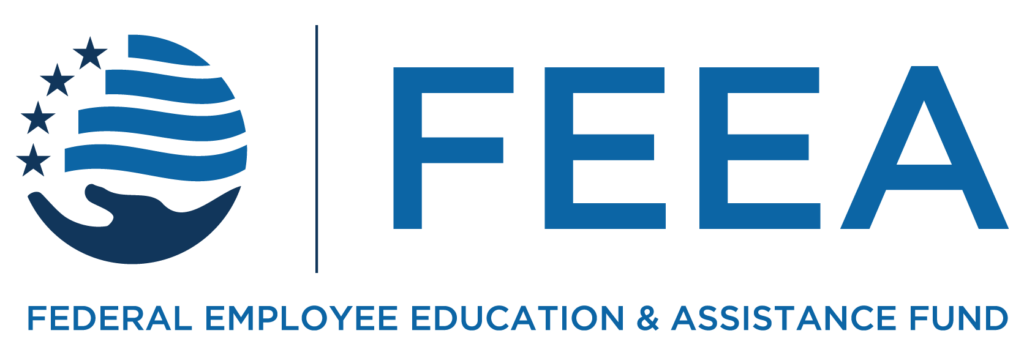
Mika Cross
Who: Mika Cross, Work-life and Wellness Program Manager, USDA
“Mika Cross is a pioneer across government for the implementation of Telework and other Work-Life and Wellness Programs. Under Mika’s leadership, USDA has been able to assist other Federal Agencies across government to model their programs in a successful fashion, after its own. Her ideas for promising practices have been highlighted in OPM’s annual Telework Data Call to Congress and continue to showcase opportunities for the rest of government to use these flexibilities to effectively, and safely, continue governmental operations, during hazardous emergency conditions, including natural disasters (such as earthquakes and snow storms), and national security threats.” – Rebecca Ayers, Manager, Perfomance Management Solutions, OPM. Ayers nominated Cross for the Silent Hero Award.
The USDA is a leader in telework for the government. In fact, 75 percent of the department’s more than 90,000 employees are eligible for telework agreements, up from just 16,000 eligible employees in 2011.
USDA managers have embraced the ideas behind the 2010 Telework Enhancement Act requiring federal agencies to establish telework policies, notify employees who are eligible to telecommute and provide them with appropriate training.
Cross leads the USDA’s Telework Program and Work/Life portfolio, an integral component of Secretary Vilsacka’s Cultural Transformation Initiative to establish USDA as a model employer of choice.
“Getting credibility for the work I do in the telework and work-life balance area of government is amazing. I feel like so often for people in government, workplace flexibility and telework as just a soft skill – it’s nice to have it, but not everyone can use it, and not everyone should,” said Cross. “I feel like this award brings such credibility and validity to what we’re doing.”
Cross isn’t just working on these issues at the USDA. “My job has really evolved over the last three years, into not just helping internal USDA employees, but kind of opening the gates to leveraging our best practices, lessons learned, success stories, and information that could really help the rest of government implement telework and work-life programs in a strategic fashion.
“I feel like it’s our responsibility, as a government, to share information and make things better if we can.”
Cross has positioned USDA as a leader in the field by strategically linking flexible workplace programs to USDA’s overall human capital strategy for recruitment of top talent, the retention of current employees, and raises the level of employee job satisfaction and worker productivity.
Cross noted the success is a team effort. “I have to give credit to my senior leader who brought me in to USDA because they knew I was a risk taker and they knew that I could drive results. USDA was really committed to undergoing a cultural transformation. Where I think the synergy between what their vision was, and what I could accomplish for them was sort of as a collaborator and a networker and a connector of dots.”
Cross worked with the mobility and the information technology security teams so USDA could overcome challenges and barriers to remote work, rather than just focusing going out independently and developing those polices. “We were able to work together, so I could bring in the piece; they were able to bring in the infrastructure or technology piece, versus the facility piece which is you know how we work and where we work.”
The efforts are paying off. In a 2011 essay on USDA’s telework efforts, Cross wrote that when real estate, employee turnover, absenteeism and productivity are all taken into account, the program could yield as much as $250 million in annual savings for the agency.
And remote work isn’t just a financial boom. “If our employees, who are doing the work of government, feel as though they can manage the requirements outside of work in a way that they’re able to bring their best to the workplace wherever that might be, then ultimately customer service is enhanced, and what we do on behalf of the American public, is then a little bit better,” said Cross. “Employees feel engaged, and they feel valued, and they feel supported. And that’s important.”
Battling back against the culture and perception of government has been a huge challenge, but one that Cross said they have been able to overcome. “The misperception of government is that we’re just one big ineffective organization that’s duplicative and redundant, and that there’s a lot of lazy workers. In my experience, I’ve worked in government as a military service member, I’ve worked in the intelligence community, I worked at the Department of Agriculture in executive department, and now at the Office of Personnel Management. I don’t see that. I would love for there to be some good press about all the good work that goes on in government, and that people really are dedicated to their jobs and working hard to try to find better ways to do things.”
Cross said she works for the government, “Because I believe in my country, and I believe that the work that we do across government is so important for the safety and the security and the sustainment of our nation. And that’s important to me.”
What’s Cross favorite part about her job? “I think my favorite part is the ability to connect people, to showcase the good stuff that’s really going on, but also to acknowledge that organizations and people in agencies aren’t out there alone,” said Cross. “What energies me, is to be able to really leverage, from a knowledge management perspective, the things that are going well so that other organizations and other people can adapt best practices and do things a little bit better for their own lives or the way that they work, or for their organizations in order to just increase efficiency of how their mission operates.”








